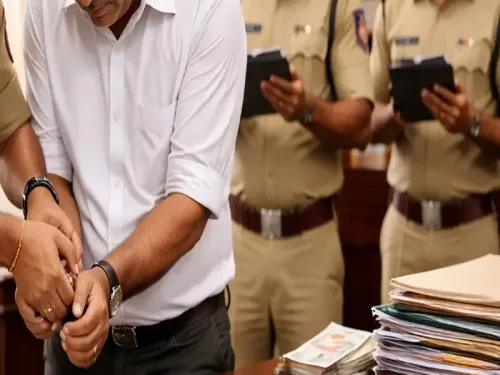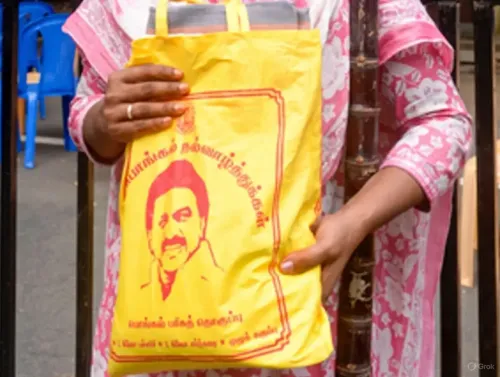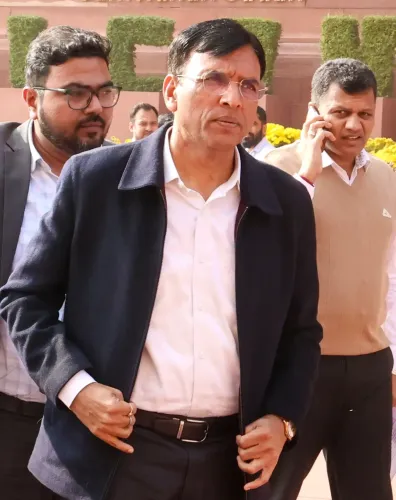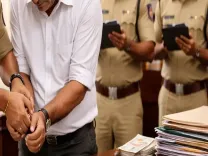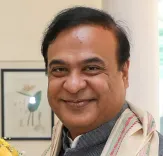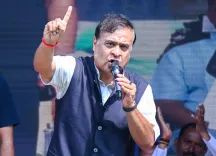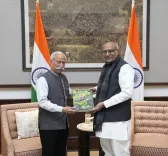What Initiatives Did Delhi CM Launch for a Greener Transport System?
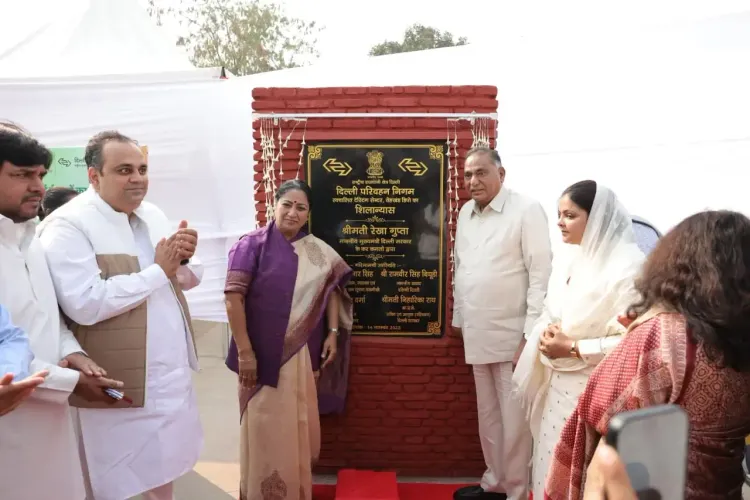
Synopsis
Key Takeaways
- 50 new electric buses launched for public use.
- Automated Testing Stations established to modernize vehicle fitness testing.
- Initiatives aim to combat pollution and enhance transport efficiency.
- Digital and transparent systems introduced for vehicle testing.
- Significant upgrades planned for existing testing centers.
New Delhi, Nov 14 (NationPress) Delhi Chief Minister Rekha Gupta on Friday unveiled 50 new electric buses from the Delhi Transport Corporation for public use. This fleet includes 30 twelve-metre buses and 20 nine-metre low-floor air-conditioned buses, as confirmed by an official.
Each bus is fitted with CCTV cameras, panic buttons, GPS, and facilities for easy accessibility, according to the statement from the official.
During the event, the Chief Minister also initiated the construction of an Automated Testing Station (ATS) at the DTC Tehkhand Depot located in South Delhi.
This occasion signifies a major leap in the government’s mission to establish a more eco-friendly, sustainable, and transparent transport system in the capital.
While addressing the audience, the Chief Minister mentioned that the Delhi Government has achieved remarkable advancements in the transport sector in a mere span of eight months.
She pointed out the groundbreaking initiatives taken to modernize vehicle fitness testing to be more transparent and fully digital. These initiatives are expected to greatly improve Delhi’s environmental quality and transport efficiency in the near future.
The Chief Minister stressed that this pivotal initiative is crucial for reducing pollution in the city.
She explained that commercial vehicles are among the leading sources of pollution in Delhi and that a strong, technology-driven approach to emission testing is vital for effective pollution management.
In attendance were Transport Minister Dr Pankaj Kumar Singh, MP Ramvir Singh Bidhuri, Councillor Sugandha Bidhuri, high-ranking officials from the Transport Department, and other esteemed guests.
The Chief Minister remarked that vehicle emissions are one of the most significant factors contributing to Delhi’s air pollution.
She highlighted that there are nearly 650,000 commercial vehicles in Delhi that need an annual fitness certificate, yet the system has been overlooked for many years.
Earlier, the capital had only one testing center at Jhundpura, with a limited capacity of just 47,000 vehicles. This situation forced many vehicle owners to travel to neighboring NCR cities for fitness testing. She criticized previous governments for leaving Delhi’s transport system in chaos.
Within just eight months, the current government has introduced modern, transparent, and fully digital vehicle fitness testing reforms that will provide significant advantages for both the environment and the transportation network.
She shared that Delhi’s first Automated Testing Station at Nand Nagri is nearing completion and will accommodate around 72,000 vehicles annually.
This center is designed to be completely digital and free from human intervention, ensuring a transparent, reliable, and efficient fitness certification process. This innovation will offer considerable relief to numerous vehicle owners and significantly aid the city’s pollution control efforts, she remarked.
Additionally, she announced that the second fully automated station, with a capacity for 73,000 vehicles per year, was inaugurated on Friday at Tehkhand. This effectively doubles the city’s total fitness-testing capacity.
Meanwhile, existing centers at Burari and Jhundpura are being upgraded with cutting-edge technology and modern standards. Once completed, Delhi will be able to conduct fully automated fitness tests for over 100,000 vehicles annually.
Transport Minister Dr Pankaj Kumar Singh noted that the Tehkhand ATS was constructed at a cost of Rs 10 crore. It will perform fully digital, automated checks on brakes, suspension, underbody components, headlights, axles, and emissions, and is projected to generate around Rs 3 crore in annual revenue.


